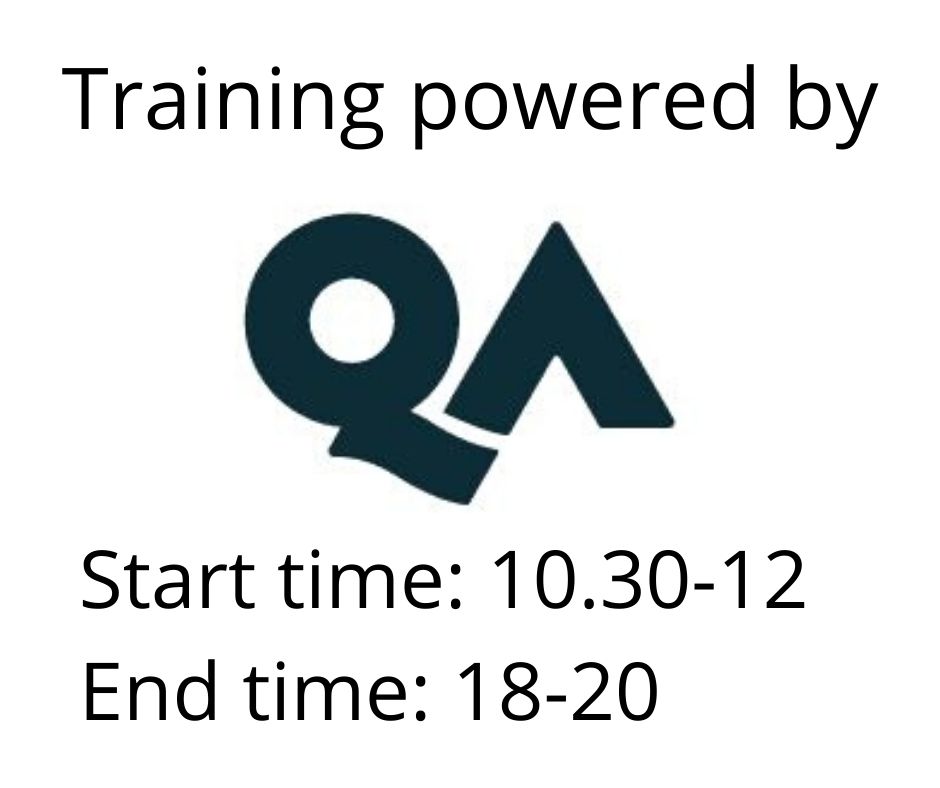BCS Certificate in Requirements Engineering
Koulutusmuoto
Remote
Kesto
3 päivää
Hinta
2634 €
Target Group
This three-day course develops the skills needed to work with business and IT requirements. Understand where requirements come from e.g., Stakeholders (explained), External influences, Regulations. Ensure that requirements are complete, unambiguous, realistic, and testable. Learn how to document, analyse, and manage requirements taking account of Agile and Linear (Waterfall) development method needs.
Delegates will learn how to work with stakeholders and other requirements actors to ensure the requirements are complete, unambiguous, realistic, and testable. Whether you work in an agile or linear environment, this course explores requirements engineering from both.
Target Audience
The July 2021 Practitioner Certificate is designed for people who want to gain an understanding of the role that business, customer and requirements play within professional business contexts
Suitable for business analysts, project managers, systems analysts, product owners, product managers and those involved in business change processes and/or projects.
Goal
The July 2021 certificate was updated to continuously improve the quality of learning within our professional certifications. In the updated BCS Practitioner Certificate in Requirements Engineering you’ll learn how to take a systematic approach to eliciting, defining, analysing, validating, documenting, and managing requirements in both agile and linear project environments.
The certificate includes:
- The Requirements Engineering Framework
- How to elicit requirements and techniques to use
- How to collaborate and communicate with stakeholders in the requirements process
- How to write a user story
- Best practice approaches to document requirements
- How to manage requirements
- Validating, prioritising and quality assurance in the requirements process
- Analysing and evaluation of requirements
Prerequisites
There are no specific pre-requisites for this course.
Those delegates taking the BCS certificate will need to spend 60-90 minutes each evening whilst on the course doing revision and example examination questions using an internet enabled device such as a computer, laptop, tablet or smartphone.
You must bring photographic identification with you (passport, driving license or student card), as it is a BCS requirement to produce it for the invigilator prior to the exam. Failure to produce a valid form of photographic identification will result in a candidate not being able to sit the exam. For any questions about what form of identification is acceptable please contact your Account Manager or the QA Examination Administration team on 44 (0)1793 696273.
BCS allow additional time for candidates who have a disability or whose native language differs to that of the examination paper. Full details are provided in the BCS Reasonable Adjustments Policy which is available to view on the BCS website. If you believe you qualify for this then please notify the Exam Administration team on the details below as early as possible. At least two weeks' notice will be required for processing this request. Delegates failing to advise QA and provide evidence when requested, may not be allowed the additional support offered via the BCS policy. QA Exam Administration can be contacted by email exam.admin@qa.com or by phone 44(0) 1793 696162.
Following your course, you will be sent an email from BCS asking you to register for your exam. Once you have registered and your exam results become available then you will be able to log back into your account and view your results.
Course Content
Define Requirements Approach and Project Scope
Learners will examine what a requirement is, the stages of requirements engineering, understand the different factors that can impact the approach taken for requirements engineering and learn about the contents of a project initiation documents.
Elicit Requirements
This module explores different knowledge types, requirements elicitation techniques and when best to use them. The suitability of these techniques in an agile and linear project environment are also considered.
Record Requirements
This module allows learners to explore different categories of requirements, understand the importance of documentation and different documentation styles including requirements catalogue entries and user stories.
Build Models and Prototypes to Represent the Requirements
Learners will understand the importance of modelling requirements and will learn how to prepare various UML diagrams including use case diagrams and class diagrams. Learners will explore how prototyping can be used to elaborate and validate requirements.
Collaborate and Communicate with Stakeholders to Clarify Requirements
This module looks at the responsibilities of different actors in requirements engineering. It explores the purpose and approaches that can be used for requirements validation, and how this may be influenced by agile methodologies.
Analyse, Prioritise and Assure the Quality of Requirements
Learners will examine the purpose and techniques that can be used to analyse and prioritise requirements and how to improve the quality of requirements. The purpose of slicing, the application of business rules and the importance of testability are all considered in this module.
Conduct User analysis and Profiling
This module explores techniques used to analyse roles, the purpose of a customer journey maps and the importance this has on requirements engineering.
Requirements Management and Traceability
This final module examines the rationale and the approach to achieving requirements traceability, the importance and elements of requirements management and chance control.
Upgrade options
Have you already started your Diploma route and taken some of the required courses? Then talk to us about the Complete BCS Business Analysis Diploma upgrade options.
Please contact us at www.qa.com/contact.
Hinta 2634 € +alv
Pidätämme oikeudet mahdollisiin muutoksiin ohjelmassa, kouluttajissa ja toteutusmuodossa.
Katso usein kysytyt kysymykset täältä.
